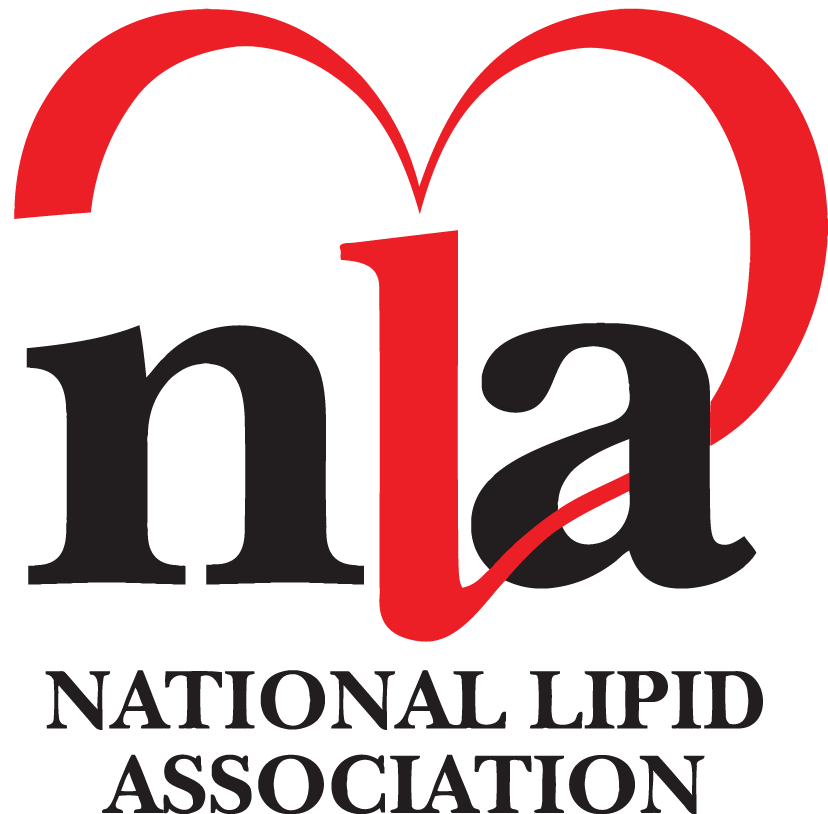The Salzburg Weill Cornell/ IAS/ NLA Seminar in Lipid Metabolism and Atherosclerosis, supported by the International Atherosclerosis Society (IAS) and the National Lipid Association (NLA), brought 34 fellows from 23 different countries to Schloss Arenberg to learn from six experts in the field. We are very grateful for these partnerships and the opportunity to have hosted this course!
Dr. Antonio M. Gotto Jr., Dean Emeritus of Weill Cornell Medicine and Provost for Medical Affairs Emeritus of Cornell University, served as the course director for the seminar, marking his 11th participation in an OMI course. Dr. Gotto’s basic science research interests include clinical disorders of lipid transport and the structure, metabolism, and function of lipoproteins and apolipoproteins. He and his associates were the first to achieve complete synthesis of a plasma apolipoprotein (apo C-I); they also determined the complete cDNA and amino acid sequence of apo B-100, one of the largest proteins ever sequenced and a key protein in atherosclerosis. Dr. Gotto has also played a leading role in several landmark clinical trials demonstrating that cholesterol-lowering drug treatment can reduce the risk for heart disease and has contributed more than 500 scholarly articles and books to the medical literature.
The elite group of faculty was completed by Dr. Alan S. Brown, Dr. Anne Carol Goldberg, Dr. Bassem Masri, Dr. Jessica M. Pena, and Dr. Michal Vrablik. Together they comprised a dynamic schedule of 20 state-of-the-art didactic lectures and two workshops. Lecture topics included LDL and CVD: Epidemiology and Clinical Trials, Metabolism Genetic Dyslipidemias, Managing Lipids in Women, Children and Older Adults, Approaches to Obesity, Angiopoietin3 and ApoC3 Targets, and more!
On Tuesday afternoon, a three-hour workshop was held by Dr. Goldberg, Dr. Pena, and Dr. Vrablik, which focused on the Identification and Management of Patients with Familial Hypercholesterolemia (FH). Each faculty member hosted a group of fellows that discussed and prepared a clinical analysis on one of the following cases: a patient with heterozygous familial hypercholesterolemia (HeFH), homozygous hypercholesterolemia, (HoFH), or severe hypertriglyceridemia. At the end of the workshop, each fellow should have been able to identify the patterns of dyslipidemia in patients with HeFH, HoFH, and severe hypertriglyceridemia, identify the complications associated with dyslipidemia in HeFH, HoFH, and severe hypertriglyceridemia, discuss the atherosclerotic cardiovascular disease (ASCVD) risk assessments in these populations, highlight the current and the new therapeutic management of dyslipidemia in these medical conditions, and highlight any update in the management of these medical conditions in the recent lipid guidelines. To conclude, all fellows gathered and one representative from each group presented their case. Each case was discussed, with the support of the faculty members, and fellows were given feedback and advice on the case and communication skills.
Wednesday afternoon offered a well-deserved break from lectures and provided the fellows and faculty a chance to relax, explore the city of Salzburg, and get to know one another better. Fellows presented their clinical cases on Thursday afternoon, which is always a nerve-racking but exciting part of the week, as most participants appreciate being able to learn more about unique and often unusual cases and diagnoses from all around the world. This week the faculty chose eight excellent cases, which will be published on the OMI online case library for OMI alumni to access. Additionally, an exclusive chamber music concert was held in Schloss Arenberg on Thursday evening, just for OMI faculty and fellows.
Fellows concluded the academic week with the option to take the official NLA Lipid Assessment. Last but not least, the seminar closed with an official graduation ceremony, the distribution of certificates, and a wonderful three-course meal. It was surely a week to remember!
















